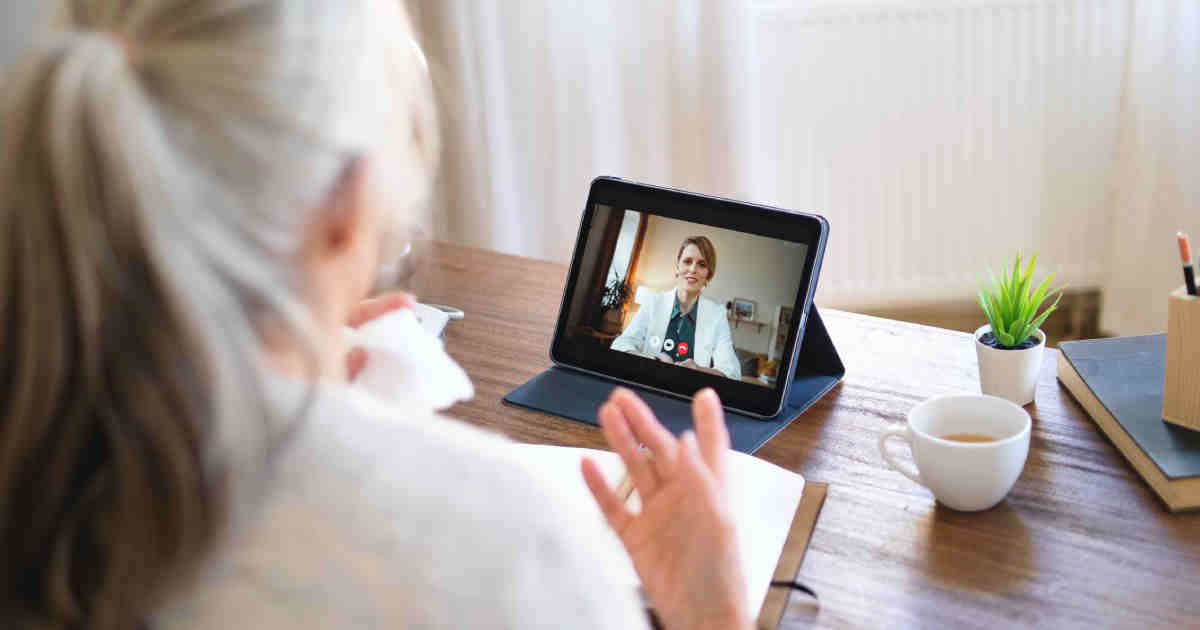
@ShahidNShah


Telecommuting became the norm during the COVID-19 pandemic. The healthcare industry was not exempt from this trend, even clinicians who sometimes conducted virtual visits with their patients from the comfort of their home. Other non-clinician roles within the industry also switched to telecommuting.
Patient privacy is one of the cornerstones of providing care, so healthcare cybersecurity is more important than ever. With the onslaught of more employees telecommuting than ever before, healthcare security leaders were tasked with finding ways to ensure healthcare employees were following the necessary steps to keep systems and their patients safe and secure.
The pandemic forced many IT security teams to think quickly to ensure devices that were going home with the organization’s employees remained secure. They were tasked with making sure everyone continued to take steps toward safety while outside the office, such as changing passwords and taking other security measures. And as things start to open up again, many organizations are letting their employees continue to work remotely, which means security teams need to ensure their safety measures can work on a more permanent basis.
Continue reading at himss.org
Physicians in the United States are justifiably upset by the amount of time they spend using electronic health records (EHRs). This is true across primary care physicians and specialists, and it …
Connecting innovation decision makers to authoritative information, institutions, people and insights.
Medigy accurately delivers healthcare and technology information, news and insight from around the world.
Medigy surfaces the world's best crowdsourced health tech offerings with social interactions and peer reviews.
© 2025 Netspective Foundation, Inc. All Rights Reserved.
Built on Apr 25, 2025 at 12:44pm